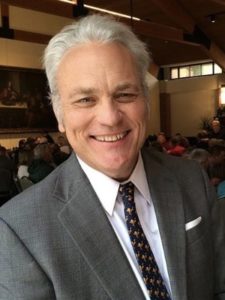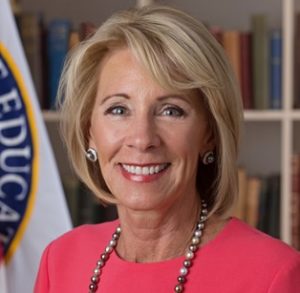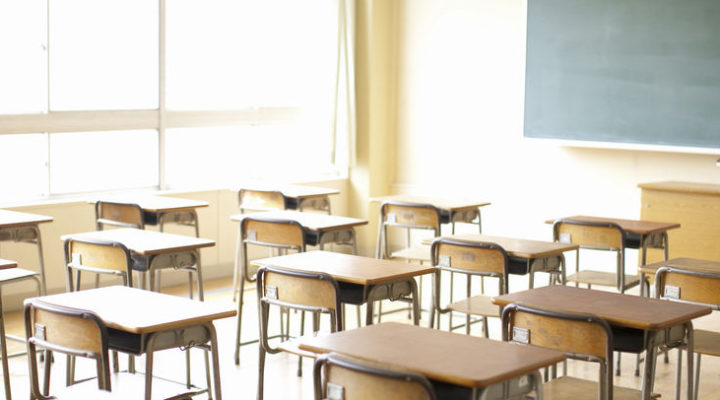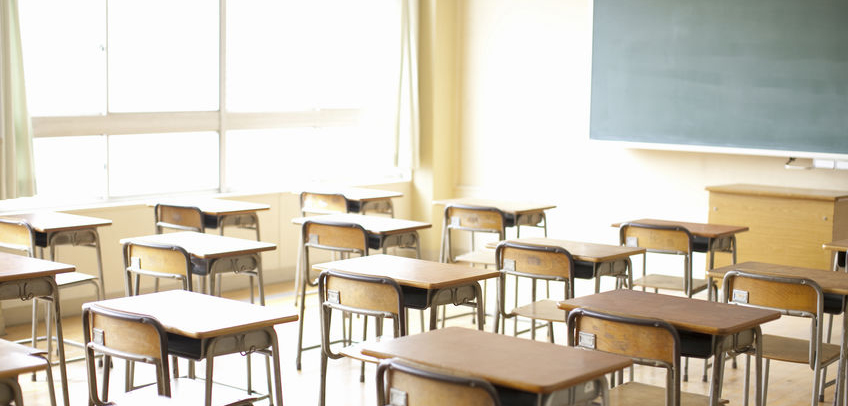What the Trump Administration Department of Education has been unable to do legally through normal means in four years, it has now attempted to do in the last days of the administration through an executive order related to COVID-19.
On Dec. 28, President Donald Trump signed an executive order that allows states to use money from a federal anti-poverty program to give vouchers that will help “disadvantaged families” pay for tuition at private and parochial schools.
Similar voucher efforts in the past have been rebuffed by courts and roundly criticized by educators, public school advocates and church-state advocates. Nevertheless, diverting federal funding to private and parochial schools has remained a priority of the president and his secretary of education, Betsy DeVos.

Charles Foster Johnson
“Donald J. Trump’s attack on public education continues,” said Charles Foster Johnson, executive director of the public education advocacy group Pastors for Children. “Today he signed an executive order authorizing private school vouchers that divert your tax dollars away from your public schools to fund private and religious schools you do not own, have no authority over, and whose belief may violate yours, whether Catholic or Baptist or Muslim or Wiccan.
“Vouchers don’t help poor children,” he added. “They never cover the cost of private schools. Rather, they subsidize private education for the affluent. They transfer money from the poor to the rich. They constitute a massive socialistic redistribution of wealth from the have nots to the haves.”
While the executive order is short on details, it provides that the U.S. secretary of health and human services should allow funds from that department’s Community Services Block Grant program to be used for “emergency learning scholarships to disadvantaged families for use by any child without access to in-person learning.”
The order says federal funds may be used for tuition and fees for private or parochial schools; home school, micro-school, or learning-pod costs; special education and related services, including therapies; and tutoring or remedial education.

Betsy DeVos
Earlier this week, Congress excluded from its $900 billion coronavirus relief deal other school-choice provisions Trump and DeVos wanted. It did include $2.75 billion for services at private schools but with restrictions prohibiting it from supporting religious instructions or going toward scholarships for private school tuition.
In this executive order, the administration is taking anti-poverty money — funds the Trump administration has wanted to eliminate as wasteful previously — and diverting them to school-choice vouchers.
The Community Services Block Grant is $700 million-a-year program that flows to community organizations providing services such as helping low-income people with employment, housing, education and food.
Whether there will be time for Trump’s executive order to have any practical effect before he leaves office Jan. 20 is not clear. President-elect Joe Biden has vowed to return the Department of Education to a stance more supportive of public education and to undo many of the changes Trump and DeVos have enacted.
The premise for Trump’s executive order is concern that too many public schools in America remain closed due to COVID-19.
Education Week reports that as of Dec. 21, 10 states, the District of Columbia and Puerto Rico have state-ordered full or partial closures in effect. Of those, only the District of Columbia and Puerto Rico have full closures mandated. Four states have mandated that all schools must be open, while the majority of states have left such decisions to local discretion. There are many variations on what it means for a school to be “open” during the pandemic.
Biden has pledged to help most schools “reopen” within the first 100 days of his administration by providing more funding for safety measures and COVID testing.
Related articles:
What will happen in public education with a Biden administration?
Trump touts school vouchers in State of the Union address
Federal judge flunks DeVos effort to divert relief funds to private schools
Diane Ravitch wants you to think of public schools like police or fire departments


